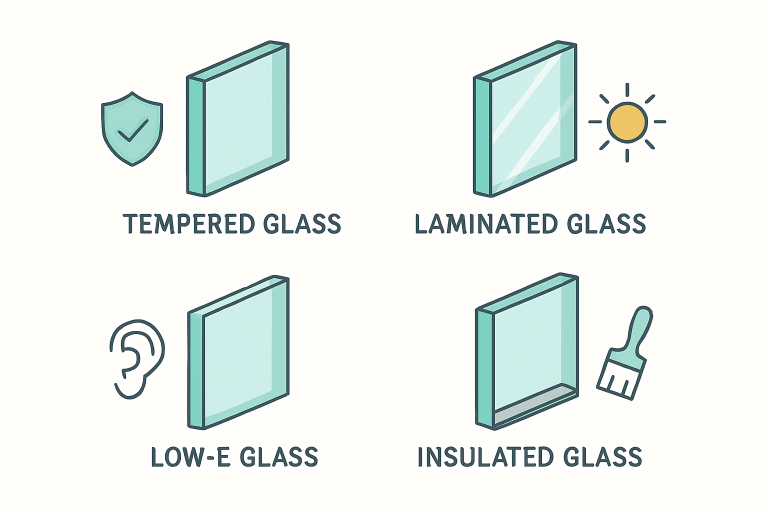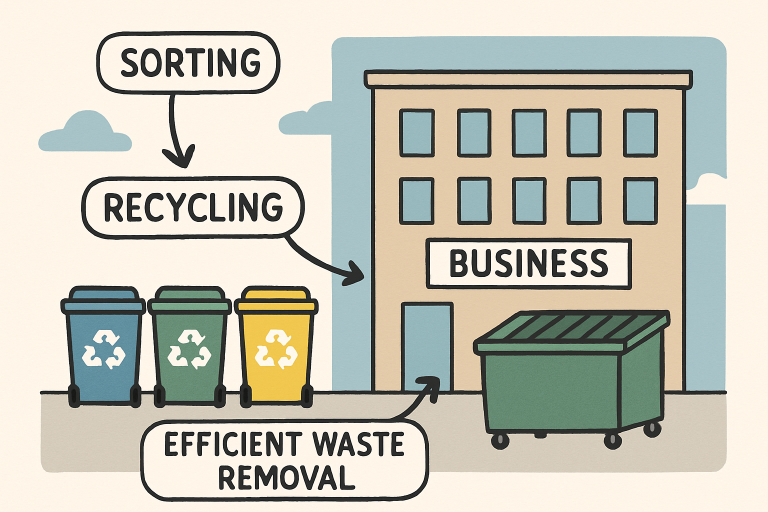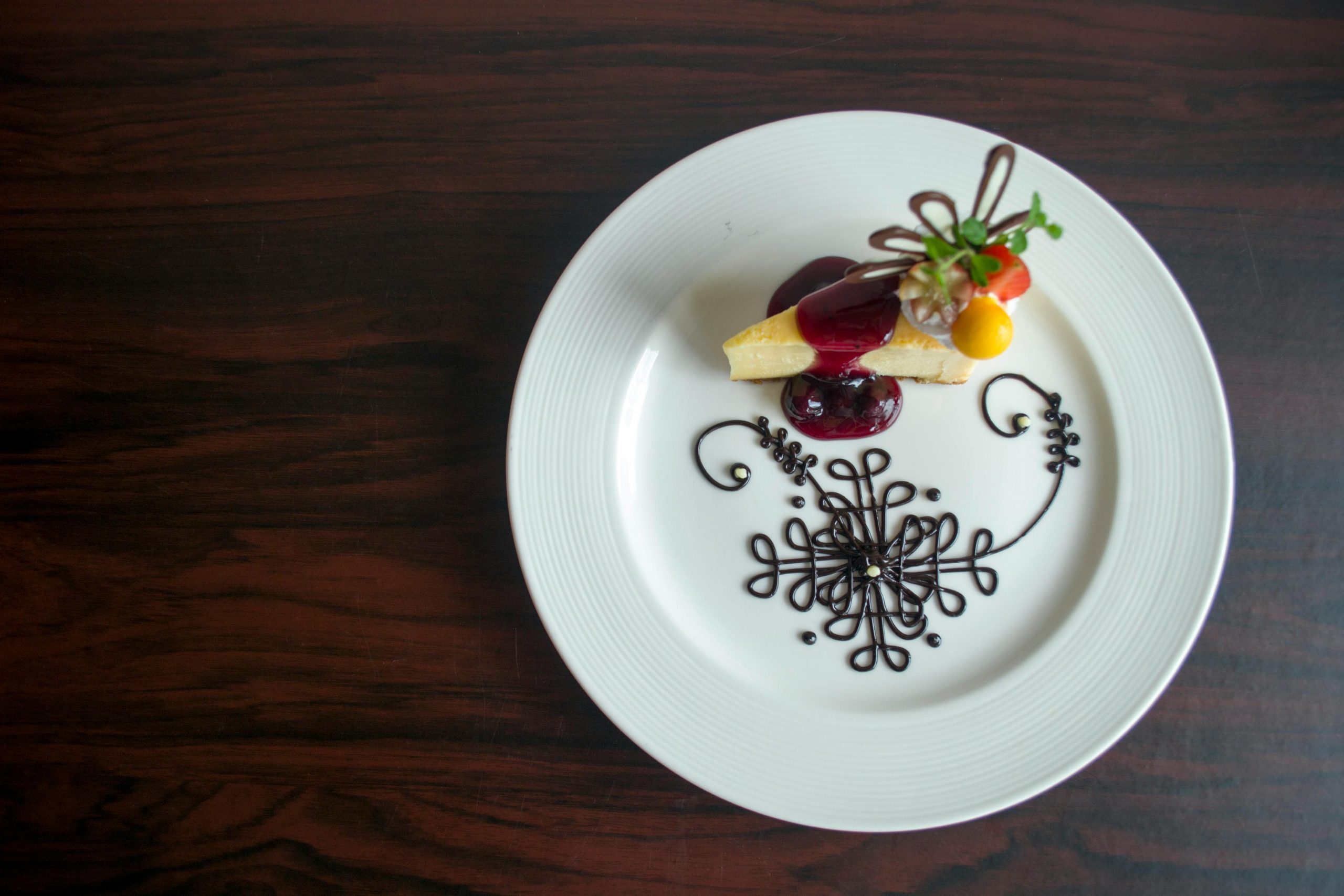Home renovation projects are a great opportunity to refresh your living spaces, increase your home’s energy efficiency and even safety and comfort for your family. While many homeowners focus on layouts, fixtures and finishes the type of glass you choose for your windows and doors is just as important. The right glass choice affects everything from insulation and security to design impact and can even save you money in the long run. To get started anyone looking at window replacement West Palm Beach will find that considering both practical and aesthetic needs is key.
The seemingly simple decision of glass selection hides a multitude of considerations. Your climate, your family’s privacy needs, the level of local noise and your personal style preferences can all influence your best choice. Working with knowledgeable professionals can help streamline this process so any upgrade brings tangible benefits to your daily life.
What are the Different Types of Glass
Choosing the right glass foundation starts with understanding the material’s many variations. Each type of glass has its advantages and selecting the right one can make a big difference to the long term success of your renovation project.
- Tempered Glass: Strengthened by controlled thermal or chemical processes tempered glass is several times stronger than regular glass. It shatters into small blunt pieces making it a safer option for doors, shower enclosures or any area where accidental impact is likely.
- Laminated Glass: By sandwiching a plastic or resin layer between two sheets of glass laminated glass stays intact when broken providing extra protection. Its design also dampens sound and blocks a high percentage of ultraviolet rays making it a good option for skylights, large windows and entryways.
- Low-E Glass: Coated with a thin invisible metallic layer low-emissivity (Low-E) glass limits heat transfer while allowing visible light to pass through. This makes it perfect for climates with extreme seasonal changes as it maintains indoor temperatures and lowers utility bills.
- Insulated Glass: Also known as IGUs (Insulating Glass Units) these feature two or more panes sealed with argon or krypton gas in between. The multi-pane construction provides better thermal insulation and is ideal for homes in areas with humidity or noise concerns.
Energy Efficiency Considerations
Windows and doors are the biggest contributors to a home’s energy performance and utility bills. Glass technologies like Low-E coatings and multi-pane IGUs block unwanted heat gain and loss so you’re more comfortable and use less energy. These will save you year round and reduce your carbon footprint.
Safety and Security Features
Safety glass is a must for families especially if you have kids or live in areas exposed to the elements. Tempered and laminated glasses are designed to reduce the risk of injury. This Bob Vila buyer’s guide goes deep into window safety and performance options to consider. Tempered glass shatters into harmless pieces, laminated glass creates a barrier that resists forced entry and storm impact. Laminated glass is also super resilient, stays intact even when cracked, unlike regular panes that break into sharp shards.
Noise Reduction Capabilities
City dwellers and those who live in high traffic or busy areas will love glass that blocks out noise. Laminated glass has a sound dampening interlayer, insulated glass has multiple panes that add more barriers to sound, resulting to quieter and more peaceful interiors.
Aesthetic Appeal and Design
Beyond function, glass is a major player in home design. Frosted or etched finishes can add privacy and elegance to bathrooms or entryways. Tinted and colored glass changes the light and provides UV protection, decorative glass elements add personality and architectural interest. Coordinate your glass with your home’s overall style for the best result.
Maintenance and Durability
Today’s specialty glass is designed to last. Options like self-cleaning glass with hydrophilic coatings minimizes the time and effort to keep windows clean. Both tempered and laminated glass are less prone to scratches and breakage which means lower maintenance cost over time and less likelihood of emergency repairs.
Cost Considerations
Glass prices vary widely depending on type, size and technology. While advanced types like Low-E or triple pane IGUs are more expensive upfront, the reduction in energy bills, maintenance and replacements often justifies the cost. Balance your renovation budget with the long term payoff and your glass choices will be both practical and stylish.
Final Thoughts
Successful home renovations require thoughtful glass selection—balancing modern efficiency, lasting safety, visual impact and practicality. From insulation to noise reduction and aesthetics, today’s glass technology gives homeowners flexibility and peace of mind. By knowing your priorities and evaluating glass options carefully, you’ll have interiors that are not only beautiful but also healthier, quieter and easier to maintain for years to come.




